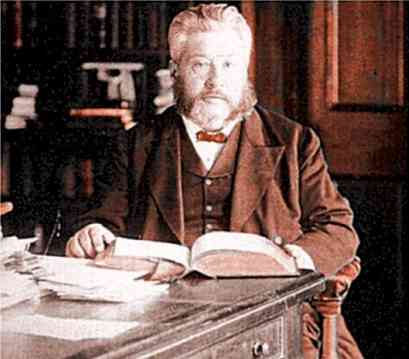"Nevertheless I say unto you, Hereafter shall ye see the Son of man sitting on the right hand of power, and coming in the clouds of Heaven"
— Matthew 26:64
Ah, LORD, Thou wast in Thy lowest state when before Thy persecutors Thou wast made to stand like a criminal! Yet the eyes of Thy faith could see beyond Thy present humiliation into Thy future glory. What words are these, "Nevertheless - hereafter!" I would imitate Thy holy foresight, and in the midst of poverty, or sickness, or slander, I also would say, "Nevertheless - hereafter." Instead of weakness, Thou hast all power; instead of shame, all glory; instead of derision, all worship, Thy cross has not dimmed the splendor of Thy crown, neither has the spittle marred the beauty of Thy face. Say, rather, Thou are the more exalted and honored because of Thy sufferings. So, LORD, I also would take courage from the "hereafter." I would forget the present tribulation in the future triumph. Help thou me by directing me into Thy Father's love and into Thine own patience, so that when I am derided for Thy name I may not be staggered but think more and more of the hereafter, and, therefore, all the less of today. I shall be with Thee soon and behold Thy glory. Wherefore, I am not ashamed but say in my inmost soul, "Nevertheless - hereafter."
— Matthew 26:64
Ah, LORD, Thou wast in Thy lowest state when before Thy persecutors Thou wast made to stand like a criminal! Yet the eyes of Thy faith could see beyond Thy present humiliation into Thy future glory. What words are these, "Nevertheless - hereafter!" I would imitate Thy holy foresight, and in the midst of poverty, or sickness, or slander, I also would say, "Nevertheless - hereafter." Instead of weakness, Thou hast all power; instead of shame, all glory; instead of derision, all worship, Thy cross has not dimmed the splendor of Thy crown, neither has the spittle marred the beauty of Thy face. Say, rather, Thou are the more exalted and honored because of Thy sufferings. So, LORD, I also would take courage from the "hereafter." I would forget the present tribulation in the future triumph. Help thou me by directing me into Thy Father's love and into Thine own patience, so that when I am derided for Thy name I may not be staggered but think more and more of the hereafter, and, therefore, all the less of today. I shall be with Thee soon and behold Thy glory. Wherefore, I am not ashamed but say in my inmost soul, "Nevertheless - hereafter."
Source: SermonAudio - Daily Devotional
